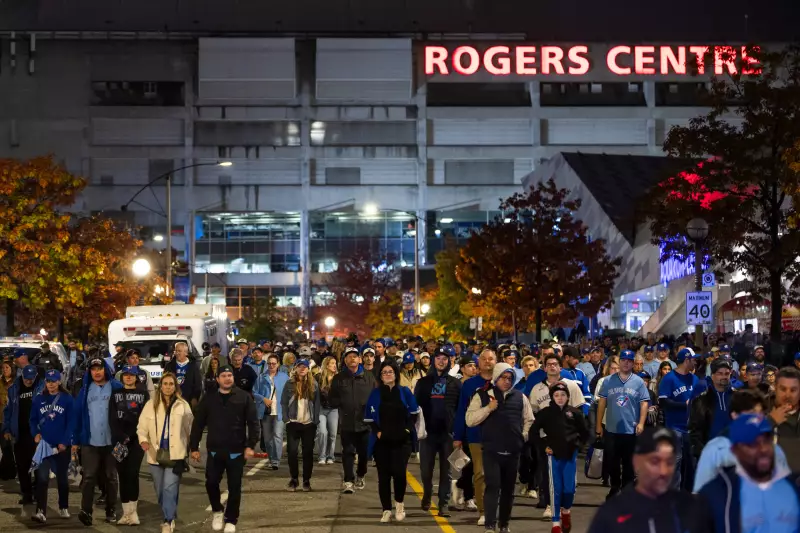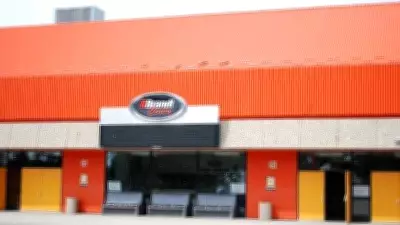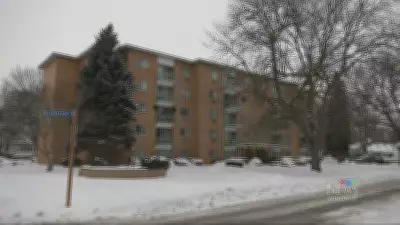
In what should have been a celebration of Toronto hockey history, the city's transit system fumbled the puck, leaving thousands of fans scrambling after the Maple Leafs' first home Game 7 in nearly two decades.
The Toronto Transit Commission and Metrolinx faced mounting criticism after confirming they would not extend service for Saturday's crucial playoff game against the Boston Bruins. Despite the historic nature of the event—marking the first Game 7 at Scotiabank Arena since 2004—transit officials maintained their regular weekend schedules.
The Great Transit Letdown
With the game potentially running past 10 p.m. and last trains departing as early as 1 a.m., many fans faced the difficult choice of leaving the game early or finding alternative—and often costly—transportation home.
"It's incredibly frustrating," said one disappointed fan. "This is exactly the type of major event where public transit should step up. Instead, they're leaving people in the lurch."
Safety Concerns Take Center Ice
The decision raised significant safety concerns, particularly for fans relying on GO Transit's Lakeshore West line, where the last train departed Union Station at 1:19 a.m.—potentially stranding revelers in the downtown core during peak celebration hours.
Councillor Ausma Malik expressed her dismay, stating she had been advocating for extended service since learning of the potential scheduling conflict. "We should be making it easier and safer for people to get home," she emphasized.
Transit Agencies Defend Their Position
Both transit providers defended their decisions, with the TTC noting they already provide frequent service on multiple routes serving the arena area. Metrolinx pointed to their "special event service" framework, which typically requires at least three weeks' notice for schedule adjustments.
However, critics argue that the importance and timing of playoff hockey games should warrant more flexibility in planning. The lack of coordination between the city and provincial transit agencies highlighted ongoing challenges in Toronto's transportation network.
A Missed Opportunity for Toronto
The transit snub represents more than just an inconvenience—it's a missed opportunity to demonstrate that Toronto's infrastructure can support its status as a world-class city hosting world-class events. As one fan bluntly put it: "This is exactly why people drive downtown instead of taking transit."
The controversy serves as a stark reminder that while Toronto can host major events, its transportation system still struggles to keep pace with the needs of residents and visitors alike.





